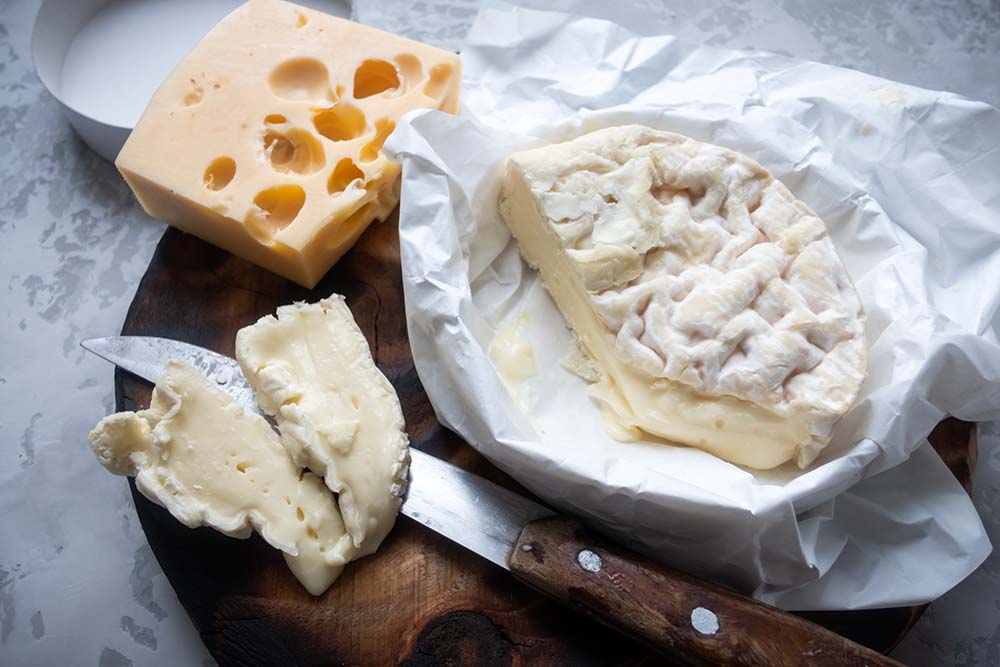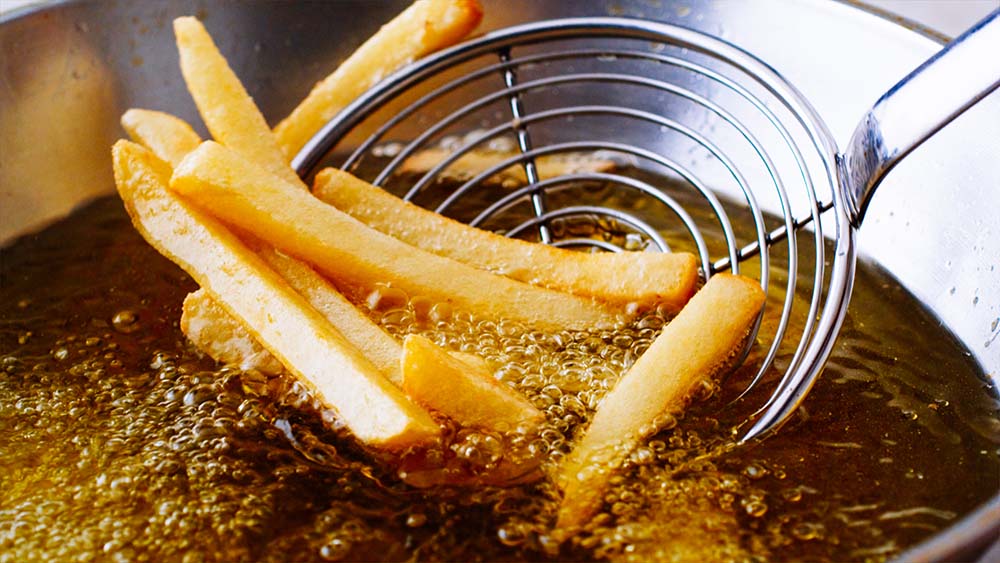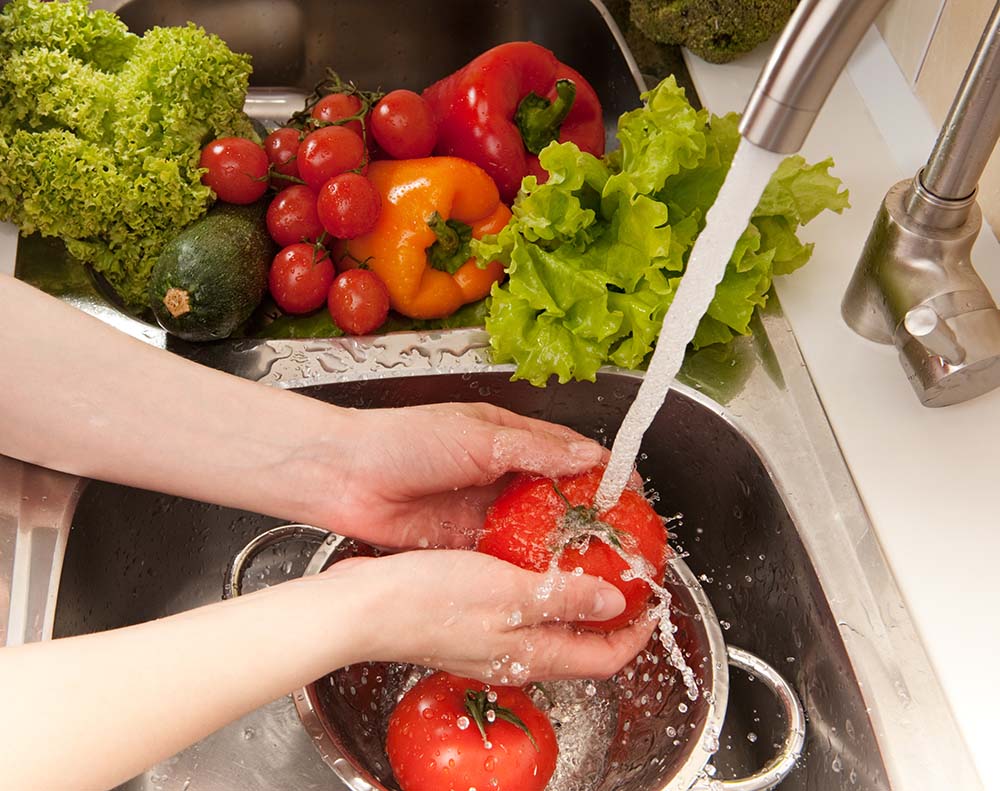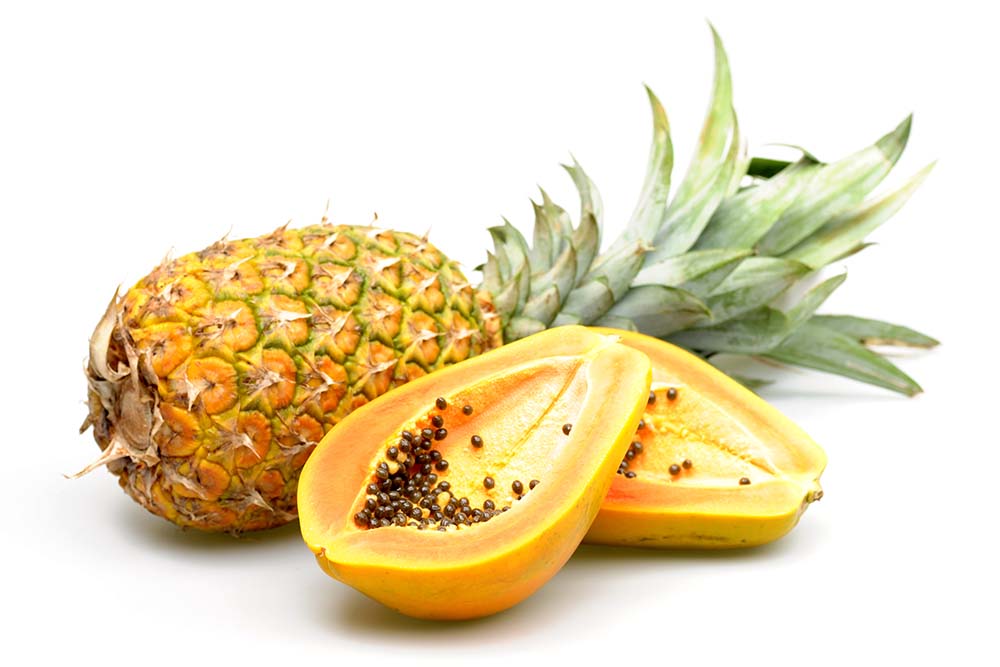From the time you conceive to the time you give birth, your body will go through nine months of changes. With the transition from trimester to trimester, your baby’s dietary needs are also changing. Naturally, it goes without saying that you’re eating for two, and it is important to be mindful about what you put in your body as what you eat will have an impact on the health of you and your baby. Besides, you only want what would be best for your child, don’t you?
This is why, what your child needs takes precedence over what you want. A healthy diet is of utmost importance during your pregnancy. Whatever you consume will directly affect your baby. While your friends, family, the even Doctor Google might present you with conflicting advice, you are the only one who truly knows your body and your baby, so pay attention to the signs. And while your body will signal you when you're hungry, full, or uneasy, it does help to know the best foods to have, and the ones you should avoid. Here’s a checklist:
1. Unpasteurised Milk And Dairy Products

Unpasteurised milk and dairy products contain an array of harmful bacteria which can attack your system and the foetus. The same principal applies to store-bought ‘fresh’ juices, as they are likely to have been contaminated during collection and packaging. Instead, it’s recommended you make fresh fruits or vegetable juices at home, and choose pasteurised milk and dairy products, as it is the most effective way to eliminate the bacteria without lowering the nutritional value.
2. Caffeine And Alcohol

If you find it hard to completely eliminate caffeine from your diet, start with limiting your intake to about 200mg once a day, and gradually phasing it out from your diet. Replace your caffeine urges with water. Alcohol is a big no-no when it comes to a pregnancy diet and must be avoided during pregnancy and well after the birth of your child. Aerated or carbonated drinks must also be avoided as the high levels of sugar and caffeine present in these sodas can do more harm than good.
3. Processed Food

Processed food tends to contain high levels of sodium, or preservatives, making it an unhealthy option for expectant mothers. Moreover, consuming procedded foods means running the risk of excessive weight gain, higher chances of gestational diabetes, and other complications with your pregnancy. Switch to healthier alternatives like salads, lentil soups, fruits, and juices, whenever you have cravings.
4. Unwashed Produce

Make it a practice to thoroughly wash all the fruits and vegetables before consuming them. If possible, peel the fruits before eating, avoid the outer later as these carry maximum bacteria, and have most likely been given a protective coating to keep them fresh and prevent decay. Cook your vegetables properly (steaming or blanching), so as to not lower their nutritional value.
5. Papaya And Pineapple

Consumption of papaya and pineapple during pregnancy has been a rather debated topic as it is claimed that they may cause miscarriage. However, none are proven scientifically so far. Experts suggest unripe papaya (green skin) should be avoided at all costs as it contains latex and papain, as it might trigger uterine contractions and lead to early labour, and weaken the membrane that supports the foetus. As for pineapples, they are known to contain bromelain which causes breakdown of protein and may lead to abnormal bleeding. This might be dangerous for consumption. It advisable to consult your doctor regarding your nutritional requirements, and put a meal plan in place to ensure you’re consuming a well-balanced and nutritional diet.